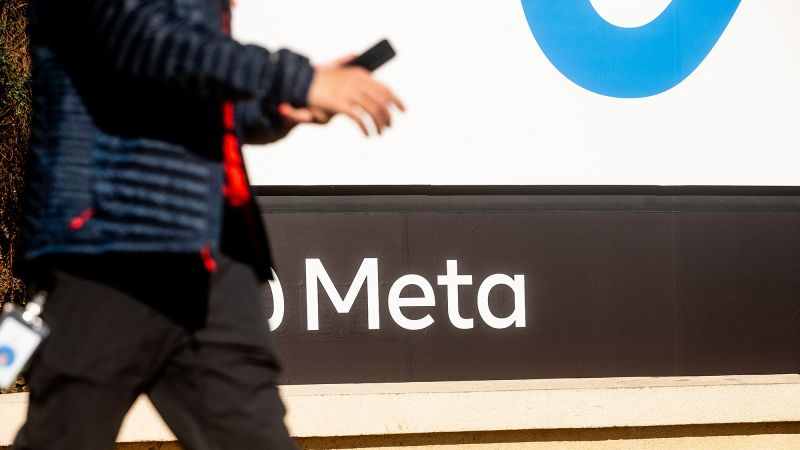Meta's Fact-Checking Fiasco Sparks Industry-Wide Debate
The End of Fact-Checking Partnerships
In an unexpected move, Meta decided to terminate its partnerships with fact-checking organizations. This decision has sent ripples across the industry, impacting journalists who were collaborating with Meta to curb misinformation.
Journalists in Disarray
Journalists engaged in the program expressed their dismay over the abrupt termination. The initiative was designed to ensure public access to factual information across various online platforms. "The trust users place in information is paramount," a prominent journalist remarked, highlighting the importance of their role in maintaining open-access channels to the truth.
Mark Zuckerberg's Controversial Statements
CEO Mark Zuckerberg's statements regarding perceived biases in fact-checking have stirred a significant controversy. Critics argue that dismissing such partnerships aligns with broader partisan narratives, particularly from MAGA loyalists who have consistently criticized media fact-checkers.
"If liberty means anything at all, it means the right to tell people what they do not want to hear." – George Orwell

The Larger Shift in Media
The end of Meta’s fact-checking collaborations is indicative of a larger shift in how media and information are processed and disseminated. As technology and media continue to evolve, organizations must navigate the complex interplay between truth, bias, and freedom of expression.
The Impact on Politics and Public Opinion
The dissolution of the partnerships is more than a media issue; it has significant political implications. There is concern that this move may further polarize public opinion, as citizens rely on factual content to inform their decisions and views.
- Withdrawal of fact-checking initiatives may increase misinformation.
- Polarization of public opinion without credible sources.
- Growing distrust in media and online platforms.
Explore more about how this change can affect political landscapes at CNN Politics.
What's Next for Meta and the Journalistic Community?
As the community grapples with these changes, many journalists are seeking new avenues to continue their work. The role of technology companies in disseminating information will probably take center stage in future debates.
For insights into how tech companies are shaping the future of information, check out this YouTube discussion on the Future of Media.
Additional Context and Information
For a deeper understanding of the relationship between tech companies and the spread of information, you might find this article by Alex Jones on LinkedIn insightful. Additionally, examining the role of social media influencers in shaping public opinion may uncover new facets of the ongoing debate.
